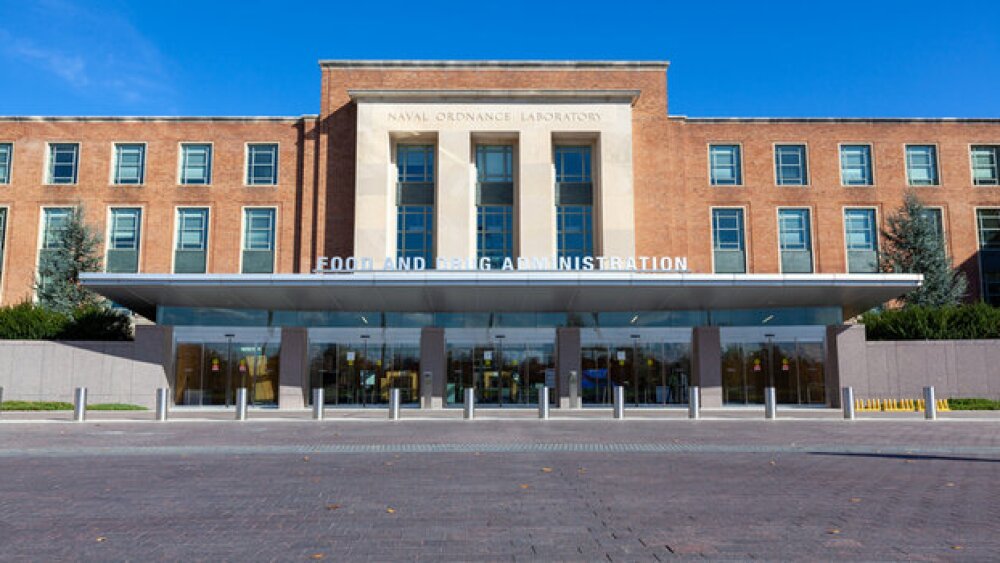If approved by the FDA, the MDMA-assisted treatment for individuals with post-traumatic stress disorder would be the first U.S. psychedelic-assisted therapy.
Pictured: FDA headquarters/iStock, Grandbrothers
In a watershed U.S. regulatory milestone, the MAPS Public Benefit Corporation announced Tuesday that it has submitted a New Drug Application to the FDA for an investigational MDMA-assisted therapy for individuals with post-traumatic stress disorder.
If approved by the FDA, the MDMA-assisted therapy would be the first psychedelic-assisted therapy in the U.S. In July 2023, Australia became the first country to make MDMA a prescription medication. However, even without approval, it is the first NDA submission to the U.S. regulator for any psychedelic-assisted therapy and is the culmination of 30-plus years of clinical research, MAPS PBC contends.
Amy Emerson, CEO of MAPS PBC, said in an emailed statement to BioSpace that there are an estimated 13 million people in the U.S. living with post-traumatic stress disorder (PTSD), who have unmet needs due to “little innovation in the mental health space in the last two decades.”
In addition to FDA approval, the Drug Enforcement Agency would be required to reschedule MDMA making it available for prescription medical use.
Emerson noted that if MDMA-assisted therapy is approved, MAPS PBC will focus on introducing it in a “controlled and quality manner” in which “access will likely be limited by the number of therapists who have had the appropriate training.”
MAPS PBC contends that the treatment, used in combination with psychotherapy and other supportive services provided by a qualified healthcare provider, has been proven to help patients with moderate to severe PTSD with more efficacy than traditional treatments.
“Qualified healthcare providers will need to determine who are the appropriate patients,” Emerson said. “We anticipate a risk evaluation mitigation strategy program to be required for MDMA. The specifics will be decided once the FDA takes regulatory action and determines the potential label.”
The NDA filed with the FDA includes results from two Phase III trials—MAPP1 and MAPP2—that both met their primary and secondary endpoints as measured by the change from baseline in Clinician-Administered PTSD Scale for DSM-5 and the improvement in functional impairment associated with PTSD as measured by the change from baseline in the Sheehan Disability Scale, respectively. In terms of safety, no serious adverse events were reported in the MDMA group in either study.
MAPS PBC is seeking Priority Review of its NDA by the FDA, which has 60 days to determine whether the application will be accepted for priority or standard review. In 2017, the FDA granted MDMA-assisted therapy a Breakthrough Therapy Designation to speed the development and review.
With the potential FDA approval of an MDMA-based therapy for PTSD on the horizon, biopharma companies are looking at psychedelics with renewed anticipation. On the regulatory front, the FDA issued guidance in June 2023 to provide general considerations to sponsors developing psychedelic drugs for treatment of medical conditions such as psychiatric disorders and substance use disorders.
“If this is approved by the FDA, we anticipate there will be more investment into companies that are developing investigational psychedelic medicines. Because this could be the first psychedelic-assisted therapy approved, we suspect it would provide encouragement to others in the field,” Emerson said.
Joanna Smiley is a freelance science writer based in Connecticut. Visit her website or LinkedIn profile to contact her or view more of her work.






